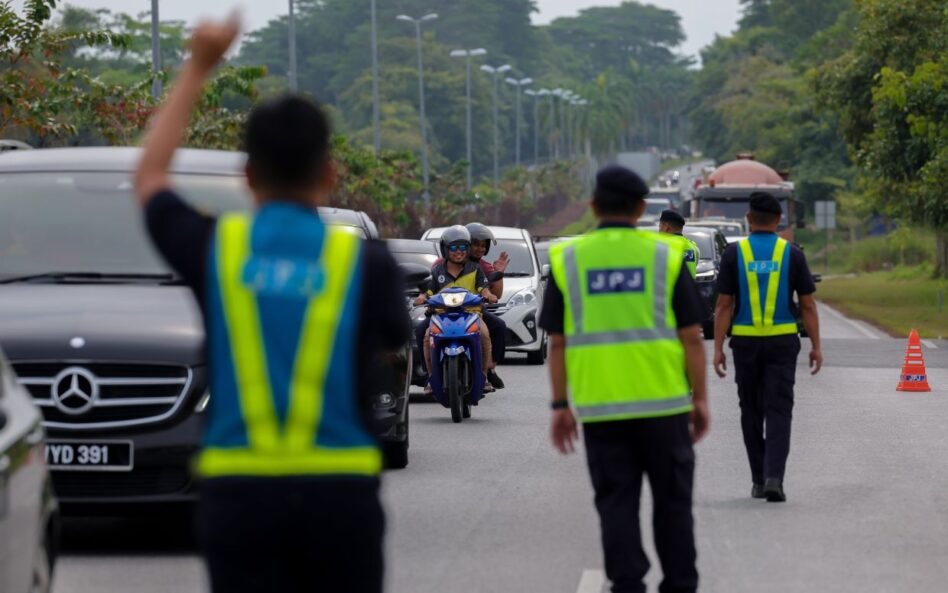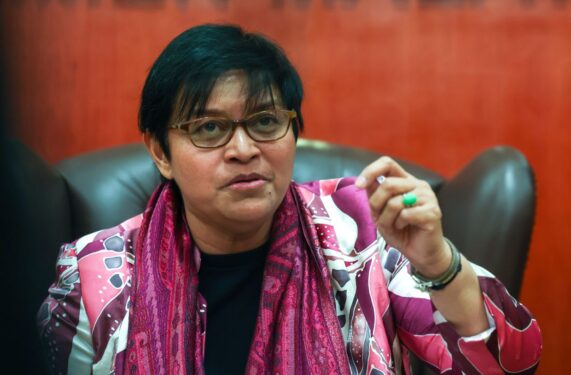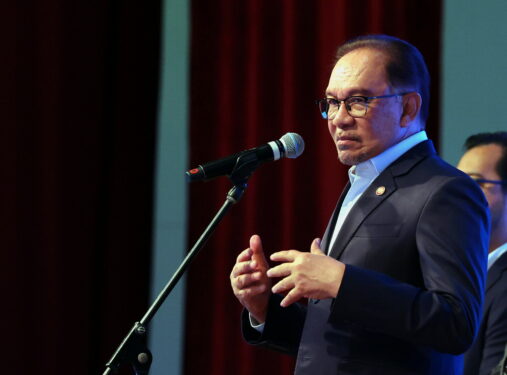MALAYSIA might be seeing the light at the end of the COVID-19 tunnel when at least one working COVID-19 vaccine will be made available for rollout in the first quarter of 2021.
However, this is subjected to the approval from National Pharmaceutical Regulatory Agency, a body under the Ministry of Health, and only if a manufacturer is able to fill Malaysia’s order.
The world is waiting for a safe and effective COVID-19 vaccine, thus, there will be a significant global demand once it is available.
Due to this demand, large volumes of doses will not likely be immediately available but must be prioritised for certain groups when the batches arrive.
The government said that it would prioritise high-risk groups which include frontliners, senior citizens, and those with non-communicable diseases such as heart diseases and diabetes.
“Because the initial number of people who are going to be vaccinated is determined by the number of doses that we receive, it is important for us to have a clear understanding and reasoning for why they are prioritised,” said Azrul Mohd Khalib, CEO of Galen Centre for Health and Social Policy.
Guided by data and proven vaccination strategies as well as an understanding of the Malaysian epidemic, Galen Centre – an independent public policy research and advocacy organisation – believes that those who should be prioritised, can be categorised into three priority groups (in order of priority):
- Persons working in essential or critical services such as healthcare, law enforcement, cleaning and sanitation, elderly care, and those in supply and distribution of goods and services such as water, food and electricity.
- Persons who have increased risk of developing severe complications or dying from COVID-19 such as those aged over 60, with certain pre-existing underlying serious medical conditions such as cancer, chronic kidney disease or heart disease.
- Persons in settings where there has been demonstrated an increased risk of transmission such as prisons and immigration detention facilities, and factory dormitories.
“Besides the three categories of people, we will need to also prioritise according to the states hit hardest by COVID-19.
This would mean that Sabah, Selangor and Kuala Lumpur should be prioritised, focusing on Groups 2 and 3. This approach should continue throughout the year,” opined Azrul.
Meanwhile, those who are not in the three categories – people below the age of higher risk, younger, generally healthy, and not working in a critical or essential function – will receive the vaccine much later, possibly in the end of 2021, or even 2022.
They will also need to continue to practice the standard operating procedures (SOPs) which have been introduced this year. – Dec 6, 2020










